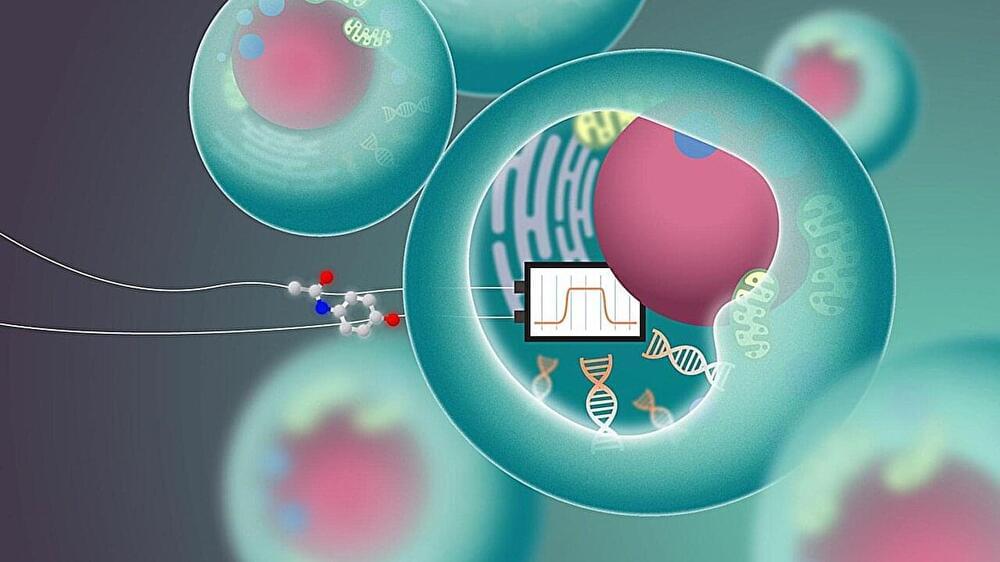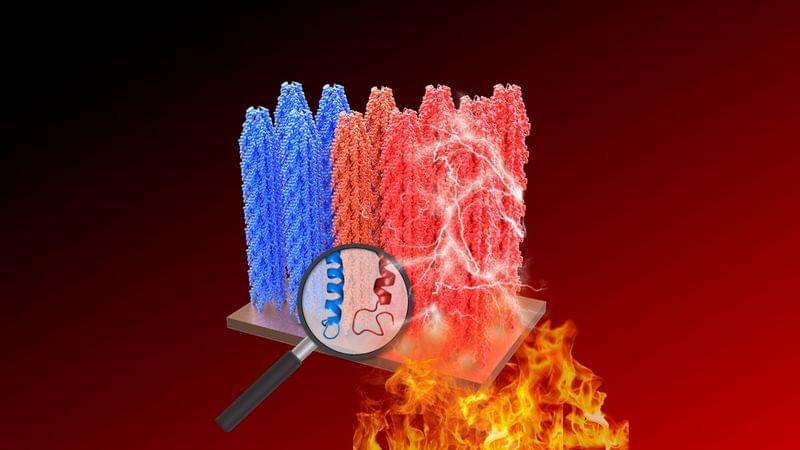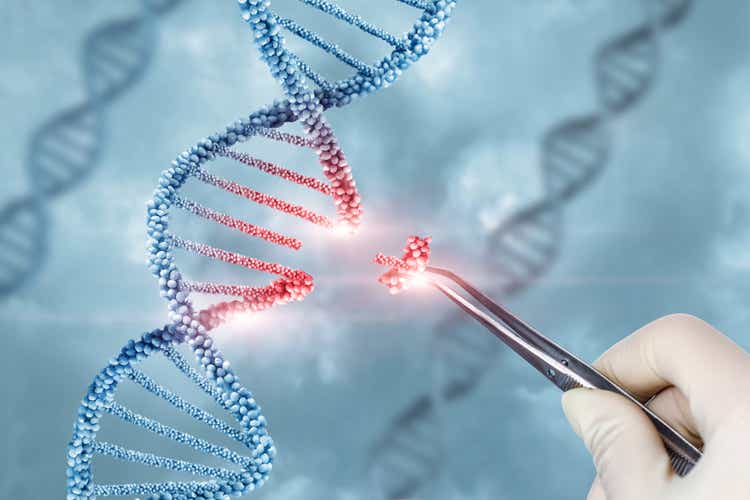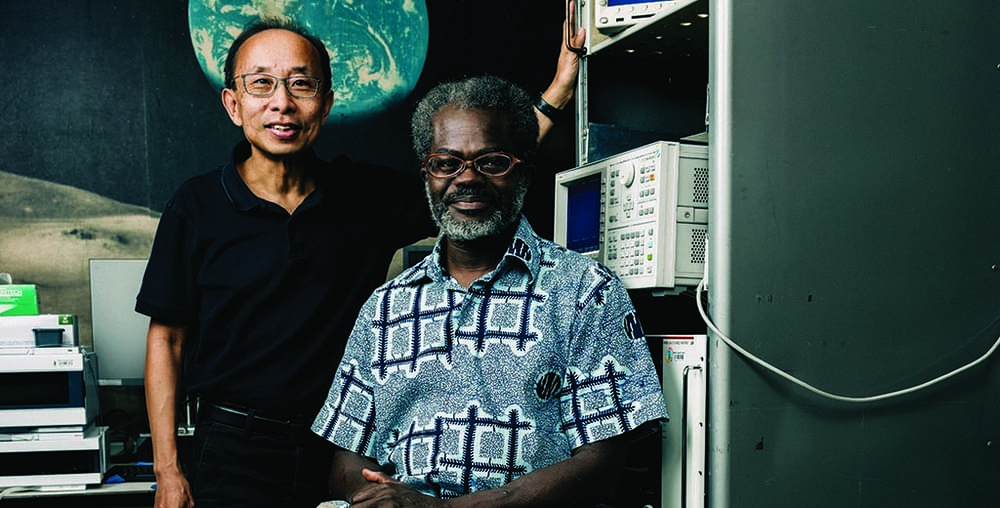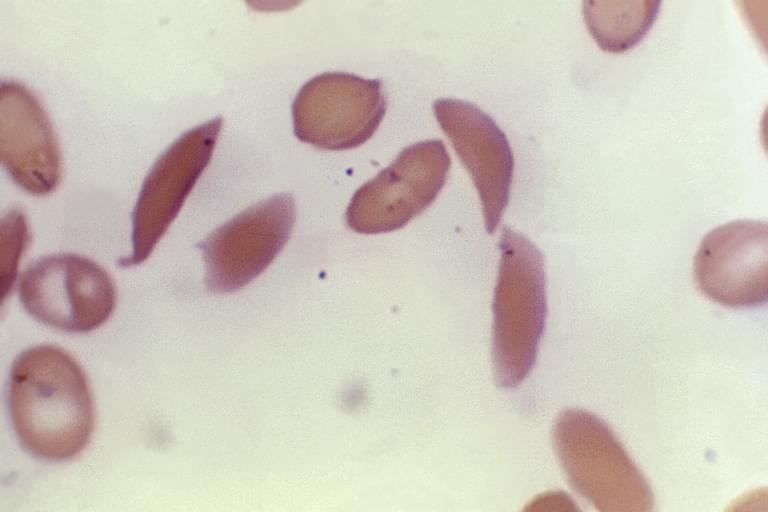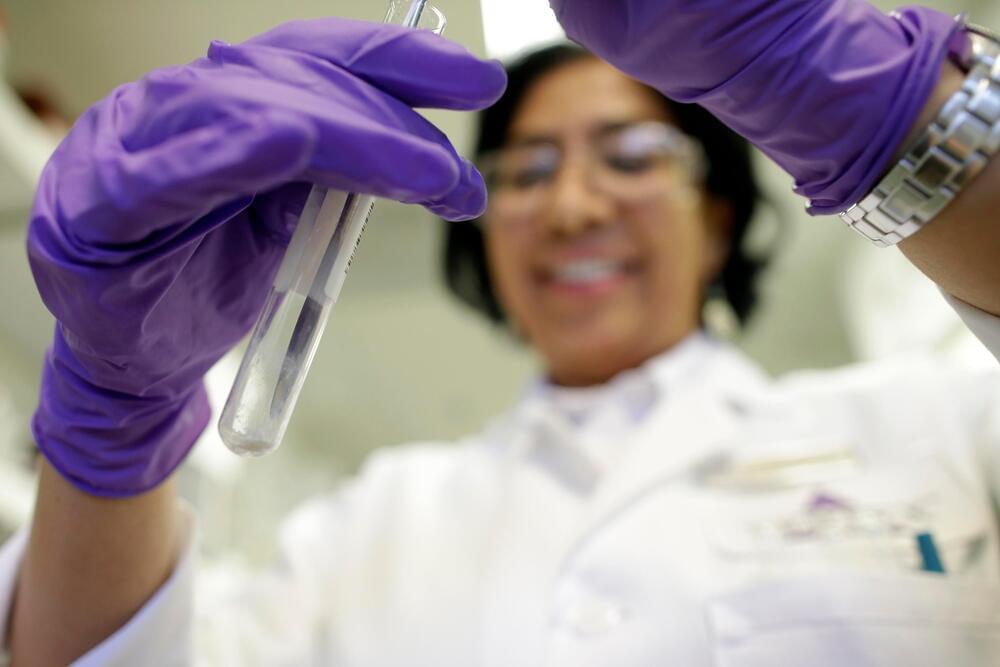Nov 19, 2023
Scientists craft a protein-based bandpass filter for synthetic biology
Posted by Dan Breeden in categories: bioengineering, biotech/medical, food
EPFL scientists have crafted a biological system that mimics an electronic bandpass filter, a novel sensor that could revolutionize self-regulated biological mechanisms in synthetic biology.
Synthetic biology holds the promise of enhancing and modifying biological systems into innumerable new technologies for the benefit of society. This engineering approach to biology has already reaped benefits in the fields of drug delivery, agriculture, and energy production.
In a paper published in Nature Chemical Biology, EPFL researchers at the Laboratory of Protein Design and Immunoengineering (LPDI) at the School of Engineering have taken an important step in designing more performative biological systems.
